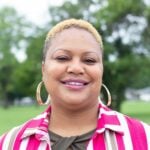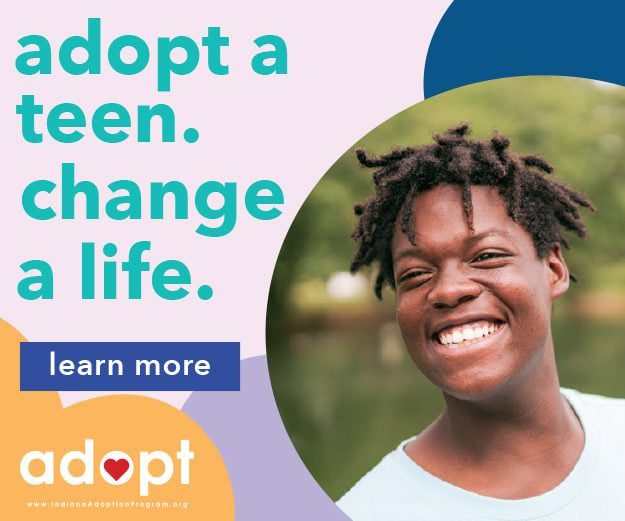“So I represent that legacy of growing up poor and Black in America, and I and many Black Americans are at higher risk for COVID, which is why we need everyone to do their part to slow the spread.”
Most weeks my mind is racing with several potential topics I could write about in this space. This week I wanted to write about something other than COVID-19. Not because it’s not important or top of mind, but because the world keeps spinning, life keeps happening, and there are other issues of concern in our world and community. COVID-19 just added an additional challenge to our daily lives. With that said, COVID-19 is definitely part of this column, but it’s not the focal point.
That brings me to the quote above. U.S. Surgeon General Jerome Adams recently made this statement when discussing the effect of COVID-19 on Black people. The first part of the statement gave me pause. I had to read it several times because it’s just that profound. The legacy he’s referencing is a legacy of health ailments for Black people. The U.S. surgeon general is a Black man who has asthma, a heart condition that caused him to be hospitalized in intensive care for a week, high blood pressure and prediabetes. Adams is representative of so many Black people dealing with one or all of these conditions right now. There’s so much to unpack in those 13 words.
The U.S. surgeon general is known as the nation’s doctor and is in charge of the U.S. Public Health Service Commissioned Corps. I assume as a doctor and one of the top doctors in the country, Adams would be in good health and have the best health care at his disposal. My assumption is wrong. He’s probably in a better position than others who have those same conditions, but he made it clear his status doesn’t make him immune to the health ailments from which many Black people suffer.
It makes you wonder how and why. Why are Black people disproportionately affected by poor health? The answer is complicated but not really.
Often the message Black people get is the health disparities that exist are our fault. Yes, we have a role to play. I believe we have to do our part to avoid poor health outcomes. Some of us are hard-headed and refuse to make the necessary lifestyle changes that promote good health, but we’re not alone. This is an America problem. It’s like when we say we have to work twice as hard in school or at work to achieve parity with white people, maybe we have to work twice as hard when it comes to our health too.
Our health disparities aren’t just on us. The stressful lives we lead being Black in America leave us susceptible to health issues. Unconscious bias in the medical field and lack of health care or affordable health care leave us vulnerable. What is our medical community doing to remove bias? It often feels like not much. Health officials in Indiana didn’t even think to include race in the demographic data it collected about COVID-19 initially. Officials will say it was just an oversight, but that kind of oversight is why disparities continue. It’s why Black people feel as if we don’t matter.
Adams also mentioned growing up poor. This is important because poor people tend to forgo medical care because it’s too expensive. Too often money plays a role in poor health outcomes. As I stated last week 28% of Black people in Marion County live in poverty and are even more vulnerable to COVID-19.
This disease has put health — and socioeconomic — disparities for Black people under a giant microscope. While I wish it didn’t take a pandemic to get us here, let’s hope this is a call to action to change health outcomes for us.








